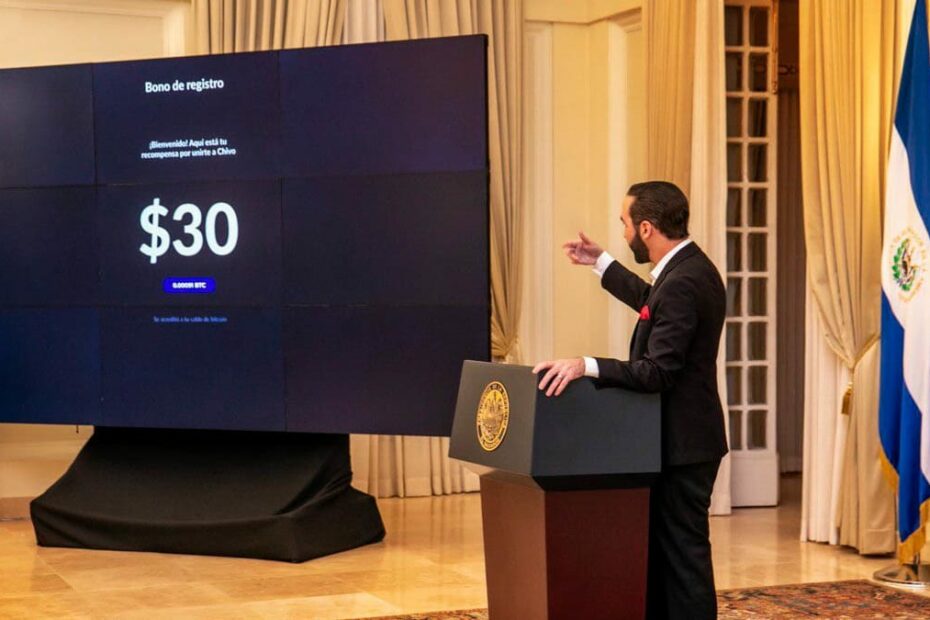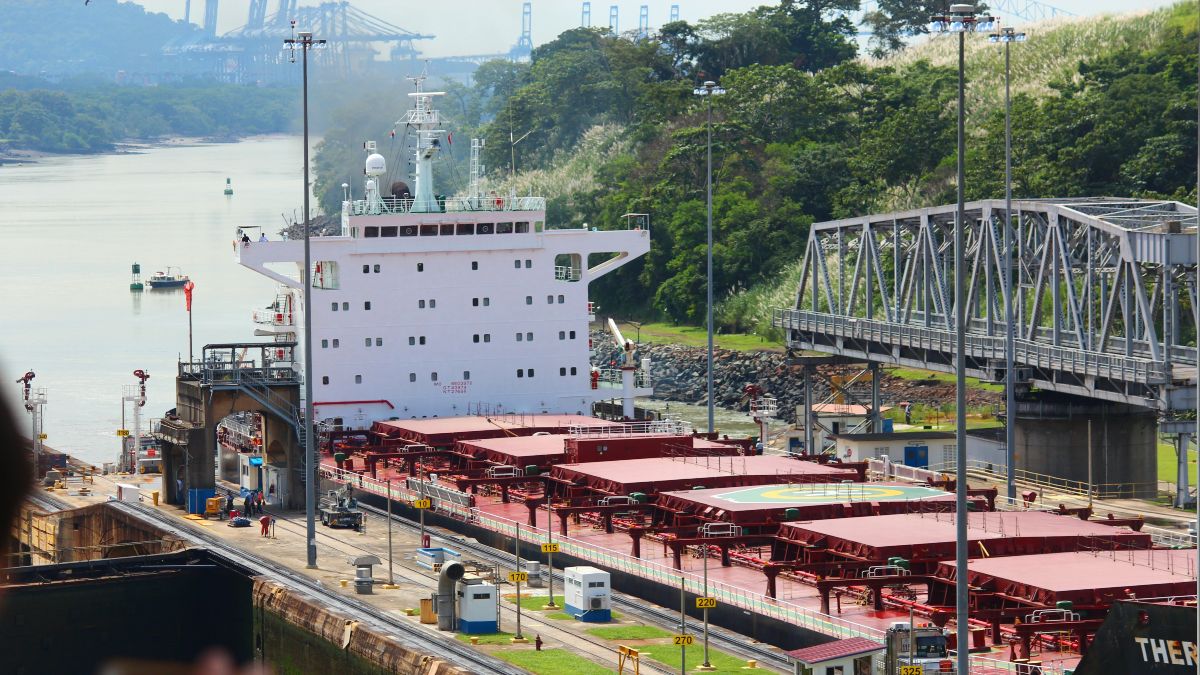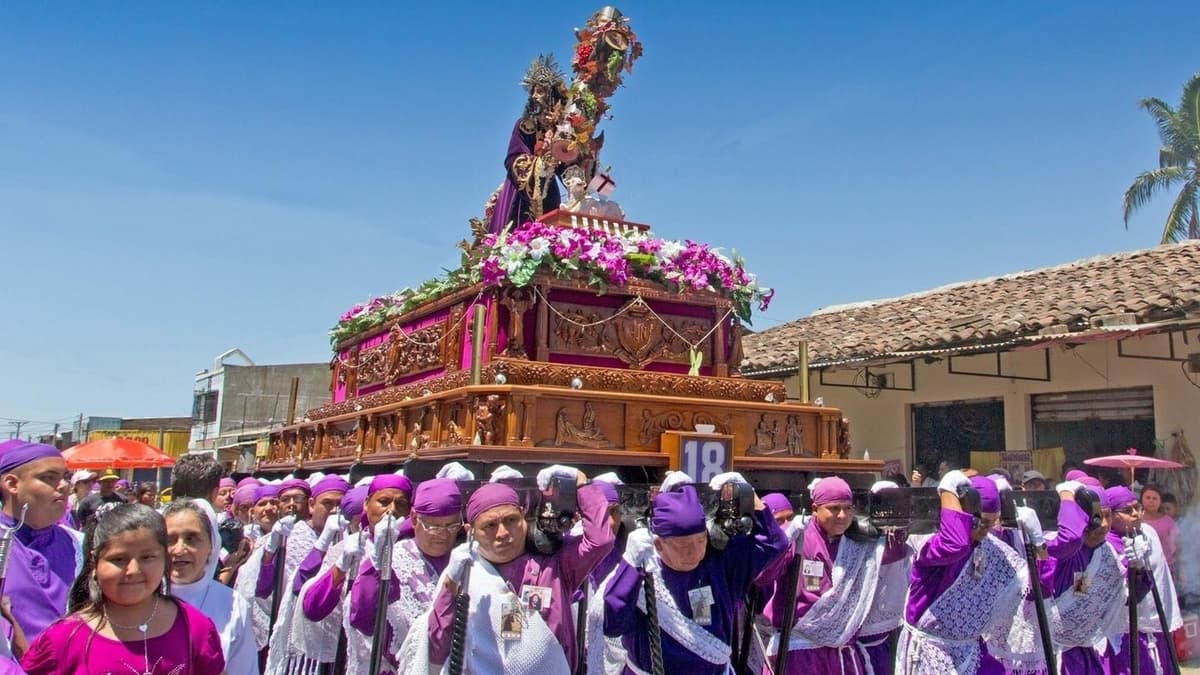More details on the El Salvador Bitcoin Plan Emerge as President Nayib Bukele addressed the nation last night to offer more details.
El Salvador President Nayib Bukele spoke last night about his plans to make Bitcoin legal tender. In a national address to discuss his El Salvador Bitcoin plan, he promised the cryptocurrency would be optional and not mandatory.
Speaking for an hour, Bukele provided more details on the Bitcoin Law, saying he wanted to clarify doubts people may have about the plan. He also announced the creation of a new government Bitcoin wallet, called Chivo (a slang term for “cool” or “fun” in Central America).
This wallet will come in the form of a mobile app and launch on September 7, the same day Bitcoin becomes legal tender. Any adult Salvadoran who installs the app and registers as a user will receive a small amount of Bitcoin worth $30.
Bukele acknowledged the Bitcoin Law still has issues, and that many Salvadorans are suspicious about cryptocurrency, mainly down to general ignorance about its use (although he blamed opposition politicians for spreading fear about Bitcoin, too). The video below (in Spanish) shows the whole national address given by Bukele last night. Below that, we cover a few of the highlights:
Will Bitcoin use be mandatory?
Article 7 of the Bitcoin Law in El Salvador says that the use of the cryptocurrency will be mandatory. Meaning all businesses have to accept it, whether they want to or not. That’s what legal tender means.
But last night, Bukele said Bitcoin use would NOT be mandatory.
“Nobody has to receive bitcoins if they don’t want them,” he said.
“If someone receives a payment in Bitcoin, they can automatically choose to receive it in dollars.”
Will Bitcoin affect the regular circulation of dollars?
Bukele offered assurances that Bitcoin becoming legal tender wouldn’t affect the circulation of dollars at all. He also said that El Salvador will continue paying pensions and salaries in dollars, and bank accounts will remain in dollars.
This was a concern to many who remember their bank accounts switching from colones to dollars when El Salvador switched to that currency in 2001.
This time, Bitcoin won’t replace the dollar, it will sit alongside it as an option.
“Businesses have an obligation to accept Bitcoin, but not to receive it,” said the President.
This means you can immediately convert any payment you receive in Bitcoin into dollars.
He went on to talk about training people and business owners in the use of Bitcoin so that the cryptocurrency can utilized by as many as possible. The state will offer this training, he said. Businesses without the technology to accept Bitcoin won’t have to do so.
NINGÚN salvadoreño estará obligado a recibir #Bitcoin si no lo desea. pic.twitter.com/ZRpIcs9a9A
— Casa Presidencial (@PresidenciaSV) June 25, 2021
What about remittances?
This is one of the main reasons behind the Bitcoin Law, according to Bukele. The idea is to cut down on wire transfer fees and make the movement of remittances from the U.S. to El Salvador cheaper and easier.
Yesterday Bukele said that any amount of money, no matter how small, can be sent and received in Bitcoin.
The Chivo Bitcoin wallet:
From September 7, Bukele said, Salvadorans will be able to download the Chivo app. This will act as a state Bitcoin wallet, and will be compatible with existing wallets.
Salvadorans who download the Chivo app will have an electronic wallet with an account in both dollars and Bitcoin. It will be available on both IOS and Android devices. To register, users will enter their identity numbers and a cell phone number.
To promote the Chivo app, and the Bitcoin Law in general, Bukele offered every adult Salvadoran $30 worth of Bitcoin to get them started.
“By downloading the application and registering, you will receive $30 worth of bitcoin for your consumption,” said Bukele. “When you receive the money, you can choose whether you want bitcoin or not.”
This money will come out of the public purse and El Salvador hopes to reach 2.5 million wallets, $75 million in total.
The Chivo wallet will have no transactions fees attached to it, and will be available for both individuals and businesses.
What else did Bukele say?
On the matter of taxes, Bukele continued with the optional theme he’d been promoting all evening.
“If you don’t want to, you don’t have to,” he said.
Bukele said he gave last night’s presentation to take away “fear and confusion” from people. He accused opposition politicians of stoking this fear about Bitcoin.
On another note yesterday, the US company Athena Bitcoin installed El Salvador’s second Bitcoin ATMs in a La Libertad shopping center. The beach community of El Zonte already has a Bitcoin ATM, and the plan is to install 14 machines before September.
After that, Athena Bitcoin say they aim to install some 1,500 ATMs around El Salvador.
Athena Bitcoin’s director for Latin America Matias Goldenhörn told Reuters, “President Bukele presented us with a tough challenge of 1,500 ATMs. We’ll go for that, but in phases. We’re a private company and we want to ensure that our development in the country is sustainable.”
Bukele gave no information last night about the commission these ATMs will charge. Neither did he speak about the wild fluctuations that Bitcoin goes through.
It’s these fluctuations that have many critics of the plan wondering how it will work for ordinary people. Bukeke went some way to addressing concerns last night, but fell short of explaining how regular Salvadorans would cope with the volatility of Bitcoin.
Gracias @elsalvadorcom for the coverage!
There’s our Fundador @EGravengaard on a historic day in #elsalvador 🇸🇻 for #bitcoin #LeyBitcoin 🇸🇻https://t.co/hwNrGuIjNQ
— Athena Bitcoin (@AthenaBitcoin) June 25, 2021
James Dyde is the editor of centralamerica.com. He lives in Escazu, Costa Rica.




